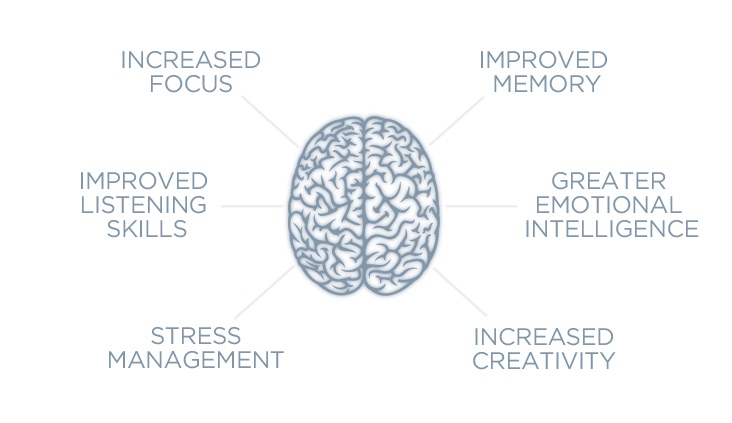Mindfulness is the ability to focus attention & awareness in the present. It reduces stress, unlocks creativity and boosts performance.
It is the essence of engagement. (Harvard Business Review).
It is the essence of engagement. (Harvard Business Review).
The benefits of practising Mindfulness
These result in:
- Increases a sense of well-being in individuals and organisations
- Improves relationships, leadership, focus, creativity & decision-making
- Improves motivation, staff engagement and job satisfaction, reduces absenteeism, presenteeism and turnover.
- Develops responsible and ethical approaches to work
- Creates space to regulate emotions and manage stress and anxirty to become more responsive & less reactive
- Supports the management of health conditions
SERVICES |
|
CONTACT SUE Phone: 07773653882
Privacy - Whitespace Coaching will abide by your rights under GDPR –see https://ico.org.uk for details. If you wish to exercise any of your rights, please email Sue.
Your personal information will not be shared with or sold to any third parties for the purposes of targeted marketing. |



